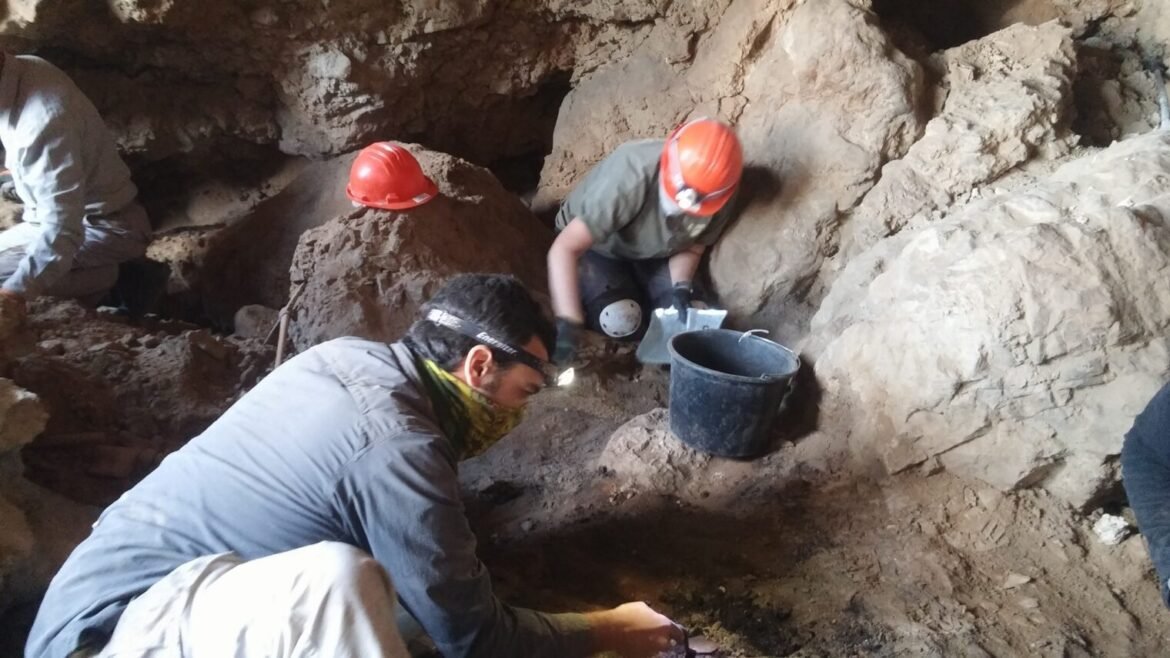The Bible, as we know it today, is a collection of books that has survived wars, persecutions, and the passage of centuries. Yet, tucked away in ancient sands or hidden in forgotten caves may lie scrolls that remain undiscovered—fragments of history that could illuminate our understanding of Scripture or early Christianity.
In this article, we’ll explore the fascinating world of lost scrolls, what has already been unearthed, and why the search for more continues to inspire scholars, historians, and believers alike.
What Do We Mean by ‘Lost Scrolls’?
The term “lost scrolls” refers to biblical or religious writings that:
- Were once part of ancient Jewish or Christian traditions but are no longer extant.
- Were referenced in the Bible but not included in the canon, like the Book of Jasher (Joshua 10:13) or the Book of the Wars of the Lord (Numbers 21:14).
- Are texts believed to be missing or destroyed due to historical events like the burning of the Second Temple (70 CE) or the ravages of time.
These scrolls might not alter core Christian beliefs, but they could deepen our understanding of the cultural, historical, and theological contexts of the biblical world.
The Dead Sea Scrolls: A Glimpse of What’s Possible
One of the greatest discoveries of the 20th century, the Dead Sea Scrolls, revealed just how much could be hidden beneath the surface of history. Found in 1947 in the caves near Qumran, these scrolls include:
- Biblical Texts: Over 200 copies of books from the Hebrew Bible, including fragments of Genesis, Isaiah, and Psalms.
- Apocryphal Works: Writings not included in the canon, like The Book of Enoch and Jubilees.
- Sectarian Writings: Unique insights into the beliefs of the Essenes, a Jewish sect living in isolation.
The Dead Sea Scrolls bridged gaps in our knowledge of biblical manuscripts and demonstrated how archaeology could reshape our understanding of Scripture’s preservation.

What Scrolls Haven’t We Found Yet?
- The Original Autographs of the Bible
The first copies of the Bible’s books, written by their original authors (e.g., Moses, Paul), are lost to history. Scholars rely on later manuscripts and fragments to reconstruct their content. Discovering even a fragment of an original autograph would be groundbreaking. - The Books Mentioned but Missing
The Bible mentions several books that no longer exist:
- The Book of the Wars of the Lord (Numbers 21:14): Possibly a poetic record of Israel’s battles.
- The Book of Jasher (Joshua 10:13, 2 Samuel 1:18): A text that might have contained hymns or heroic stories.
- The Chronicles of the Kings of Israel and Judah (1 Kings 14:19, 1 Kings 15:7): Historical records of the divided kingdom’s rulers.
- Lost Early Christian Texts
The first few centuries of Christianity produced a wealth of writings, many of which are lost or known only by fragments or references. Could more letters of Paul, sermons of Jesus, or early church writings be buried in forgotten libraries or caves? - More from Qumran or Similar Sites
The caves of Qumran likely hold untapped treasures. Additionally, other locations, like Mount Sinai or the sands of Egypt, could yield ancient manuscripts waiting to be uncovered.
Why Does This Matter for Christians Today?
Some may wonder, “If the Bible is complete, why seek lost scrolls?” Here are three reasons:
- Deeper Context
Lost writings could help us understand the cultural and historical settings of the Bible. For example, learning more about the Book of Jasher might illuminate Joshua’s miraculous stopping of the sun (Joshua 10:13). - Stronger Faith
Each discovery confirms the accuracy and preservation of Scripture. The Dead Sea Scrolls showed that the Book of Isaiah remained virtually unchanged for over a millennium. - God’s Providence
The search for lost scrolls reminds us that God’s Word endures. Even if some texts remain hidden, we trust God has preserved all we need for faith and salvation (2 Timothy 3:16–17).
Theological Reflection: Why Are Some Texts Lost?
It’s natural to wonder why God allowed certain texts to be lost or hidden. Could it be part of His plan to focus believers on the essentials of faith? The canon of Scripture we have today is divinely sufficient for salvation and daily guidance (2 Peter 1:3). Discovering additional texts might enrich our understanding of history but wouldn’t change the core message of the Gospel.
What If We Found a New Scroll Today?
Imagine if archaeologists uncovered a text attributed to an apostle or prophet tomorrow. How would it shape our faith? While such a discovery might enhance our understanding of biblical times, it’s important to remember the sufficiency of Scripture (Hebrews 4:12). Any new discovery would be a supplement to, not a replacement for, the Bible’s revealed truth.
Engaging the Search
What can you do?
- Pray: Ask for God’s wisdom to guide discoveries that glorify Him.
- Stay Informed: Follow updates in biblical archaeology and Christian news.
- Engage with Scripture: Treasure the Word we already have—it’s a living testament to God’s faithfulness.
What Are Your Thoughts?
Would discovering a lost scroll change your faith? How do you think such findings could impact modern Christianity? Share your insights in the comments below!
The search for lost scrolls continues, but as believers, we walk in faith, knowing God’s Word is complete and sufficient. Yet, the possibility of uncovering more of His story remains an awe-inspiring pursuit.



